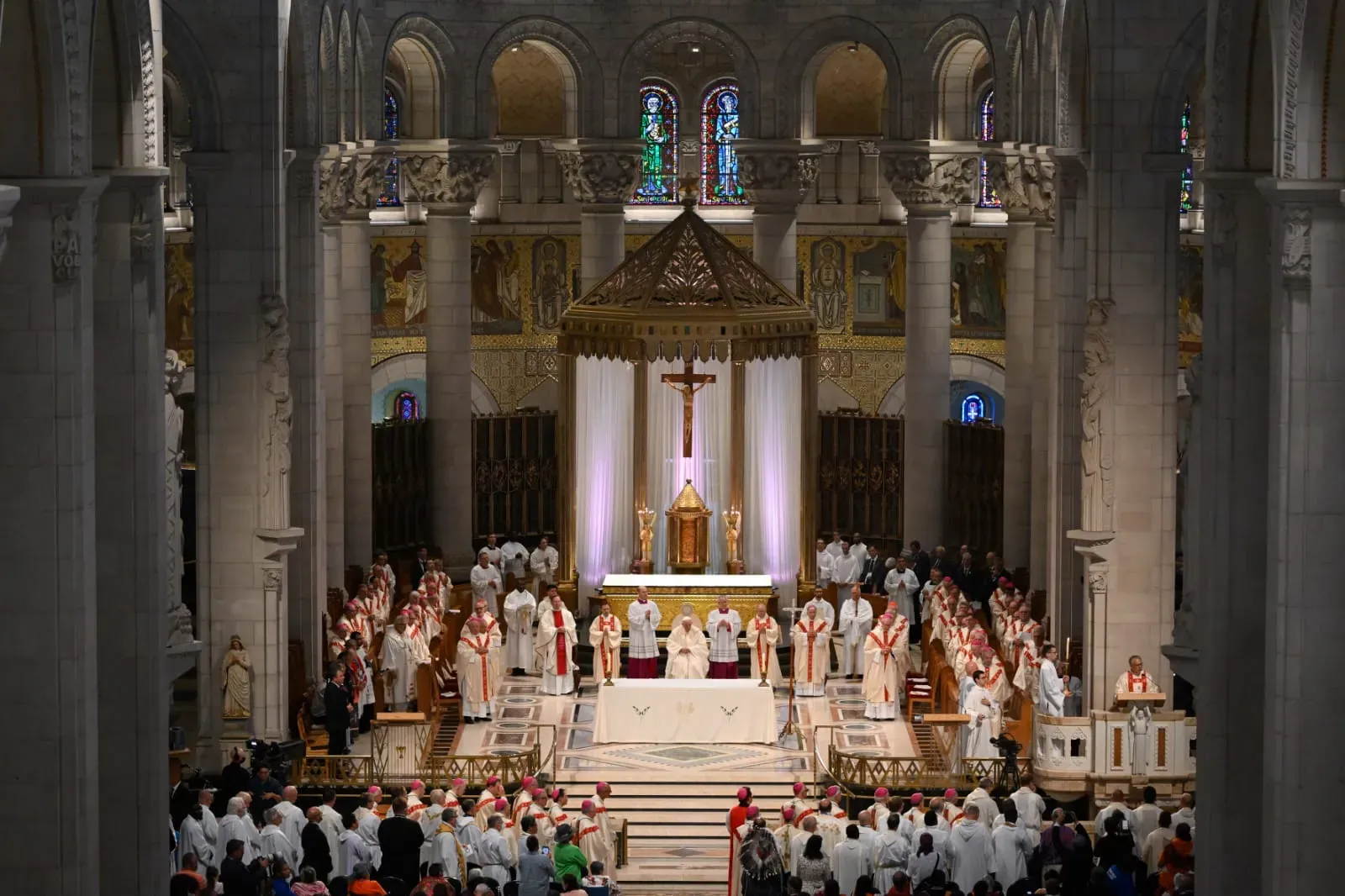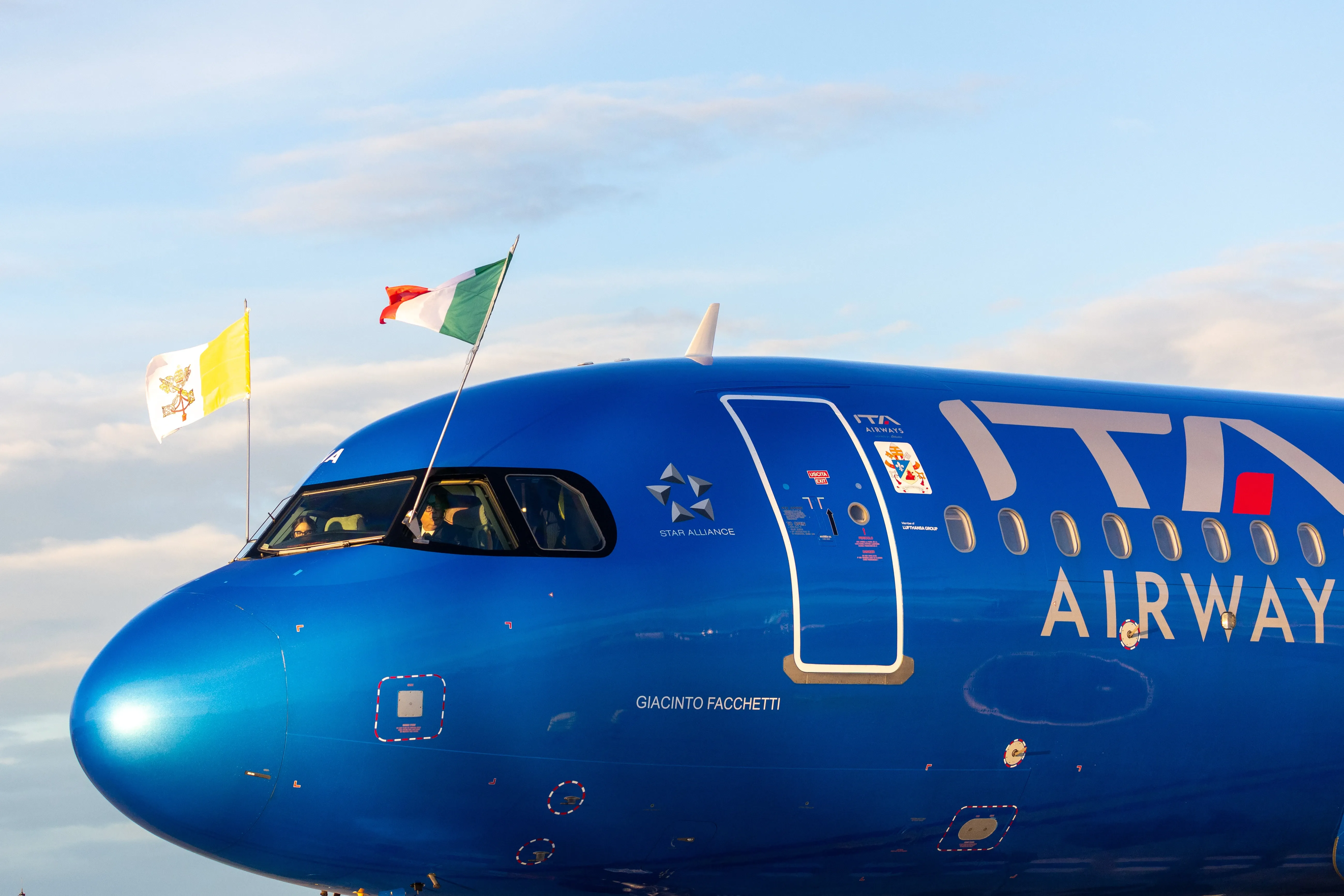St. Louis, 28 July, 2022 / 2:10 pm (ACI Africa).
At a July 28 Mass in the historic Basilica of Sainte-Anne-de-Beaupré in Québec, Pope Francis preached on the hope and redemption that Christ offers in the face of shame, and how God seeks to draw near to us in moments of failure.
“On the path of life and faith, as we seek to achieve the dreams, plans, hopes and expectations deep in our hearts, we also come up against our own frailties and weaknesses; we experience setbacks and disappointments, and often we can remain imprisoned by a paralyzing sense of failure. Yet the Gospel tells us that at those very moments we are not alone, for the Lord comes to meet us and stands at our side,” the pope said, preaching in his native Spanish.
“He accompanies us on our way with the discretion of a gentle fellow traveler who wants to open our eyes and make our hearts once more burn within us. Whenever our failures lead to an encounter with the Lord, life and hope are reborn and we are able to be reconciled: with ourselves, with our brothers and sisters, and with God.”
The Gospel reading from St. Luke told of the meeting of the two disciples with the risen Christ on the Road to Emmaus, and of the opening of the disciples’ eyes to Jesus’ identity during the breaking of the bread. Pope Francis noted that there was likely a “sense of failure haunting the hearts of the two disciples after the death of Jesus,” which was turned to hope during their encounter with Christ.
“The Gospel shows us…that it is in precisely such situations of disappointment and grief – when we are appalled by the violence of evil and shame for our sins, when the living waters of our lives are dried up by sin and failure, when we are stripped of everything and seem to have nothing left – that the Lord comes to meet us and walks at our side,” the pope said.








